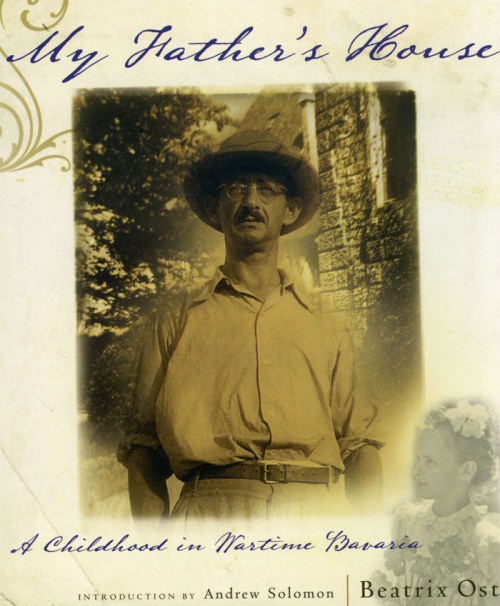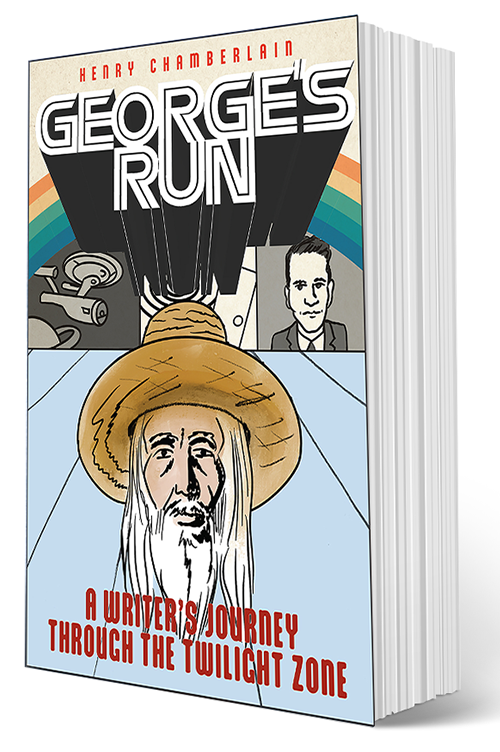
Megan Kelso with Jason Lutes
Cartoonist Jason Lutes was in Seattle to talk about the new book that collects his comics series, Berlin. It took place at The Elliott Bay Book Company, November 8, 2018. This event included a conversation with cartoonist Megan Kelso. It was co-presented by Short Run.
Berlin is a monumental work in comics. Few cartoonists will come close to such an achievement–and it couldn’t have been created by a nicer guy. What came across, over and over, during this talk is the fact that Lutes is very accessible and down to earth. That open approach plays into part of what makes his landmark work so special. It all began when teenager Jason Lutes wanted to make sense of a documentary about the holocaust he was suddenly exposed to in a high school history class. The teacher for that class was an alcoholic who made no effort to hide his struggles. He literally set up the movie for his class and left to get a drink. That abrupt and careless action ultimately triggered an in depth exploration of Weimar Germany through a creation of an expansive work in comics that would take 22 years to complete.

#ProtectMueller march in Seattle on 8 Nov. 2018
It was not lost on anyone during Lutes’s talk related to the dismantling of the German government of the 1920s that concerned citizens, just outside on the streets of Seattle, were protesting Trump’s own inroads into dismantling the U.S. government. Timing is everything. That Thursday night book talk directly coincided with protests across the country in support of protecting the Robert Mueller investigation after Trump installed a loyalist as acting Attorney General of the United States. Details are everything. If you follow the characters and the rich narrative of Berlin, you can’t help but get an eerie sense of having a mirror held up to the past and to the present.

Cartoonists holding each other’s works: Jason Lutes with David Lasky
Authenticity is everything. What is so appealing about comics by Jason Lutes is the solid storytelling. That involves a dynamic use of the comics medium: a crisp consistency in step with strategically placed visual elements that are pleasing to the eye and move the story forward. A quick example: I was standing in line to get my copy of Berlin signed and I made a point of poring over each page as I flipped my way through. Right around the midpoint, there is a page made up of wordless panels showing a mysterious figure in a row boat. He reaches the shore to find what looks like a vicious snake. He picks it up by its jaws and overpowers it. That same character reappears in the book as does the snake, both providing just the right doses of symbolism as well as pure entertainment. It’s important to note that, while Lutes referred to vast amounts of research and reading, he also fondly recalled the influence of key works in pop culture. Berlin Alexanderplatz, a novel about Weimar Germany, by Alfred Döblin, holds as much importance to Lutes as his viewing of the original Star Wars movie as a kid. Altogether, what you have in Berlin is an honest look from an individual processing and distilling at a meticulous level.

Cartoonists Revisit: Jason Lutes with Jennifer Daydreamer
For many in the audience that night, it was an opportunity to revisit a respected work and commiserate with a friend and colleague. Seattle is a lightning rod for countless creative people and that includes a high number of independent cartoonists. There’s a certain sensibility to the alt-comics artist with Jason Lutes being a prime example. As he discussed in his lecture, it was Seattle that he gravitated to in the 1990s. After attending the Rhode Island School of Design, Lutes moved to Seattle and worked for the comics publisher, Fantagraphics. He subsequently worked for the alt-weekly, The Stranger, just as it began publication in 1991. During this era, Lutes became part of a group of cartoonists that went on to form an integral part of the Seattle comix scene. That group included some members that were in attendance that night: Megan Kelso, David Lasky and Jennifer Daydreamer. It was a treat to have part of the gang together again on such a special occasion.

BERLIN by Jason Lutes
Berlin, the complete collection, is out now. It is a 580-page hardcover published by Drawn & Quarterly. Jason Lutes teaches comics at the Center for Cartoon Studies in Vermont.














